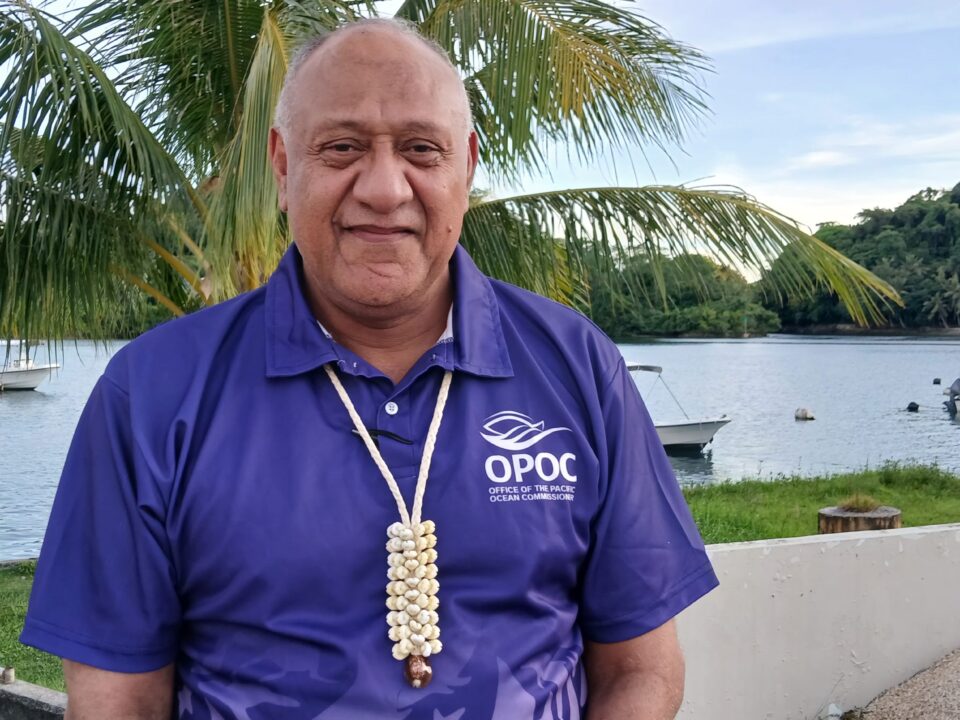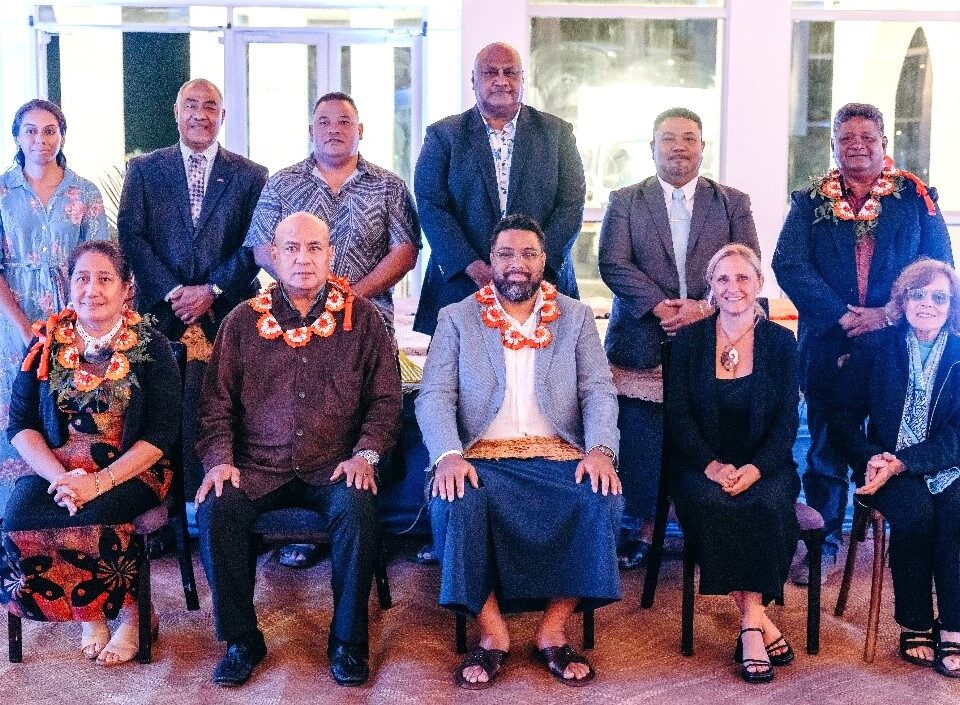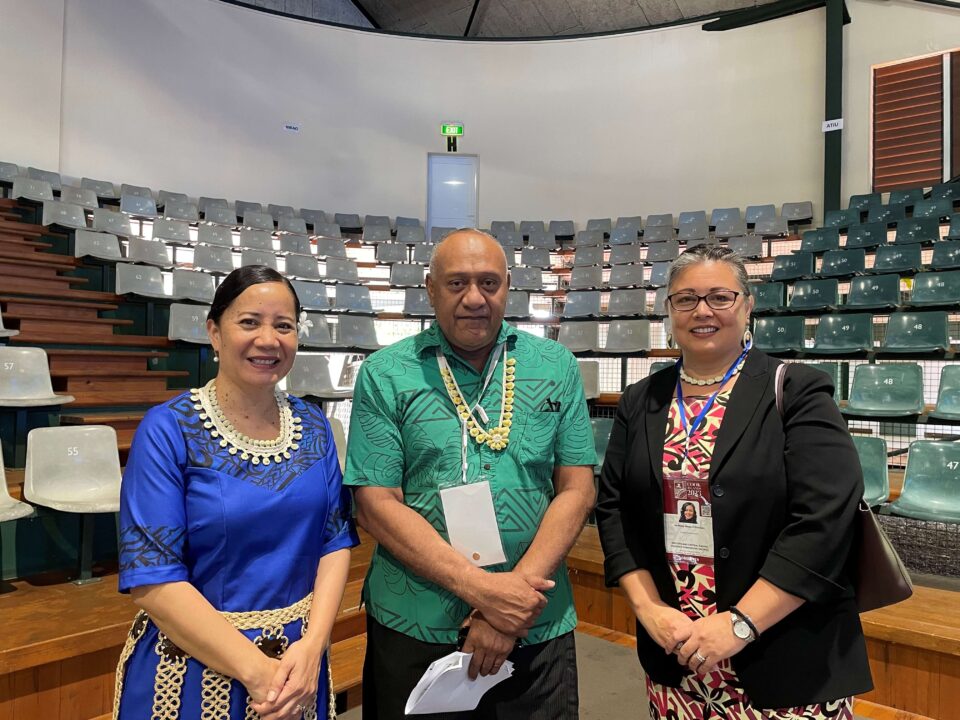
The International Seabed Authority (ISA) has launched its new database initiative, DeepData, collected from its exploration activities in the international seabed area for the past 25 years.
Environmental data, including biodiversity information can be accessible to the public around the world, said Jihyun Lee, the director of the environmental management and mineral resources at ISA at a side event at the BBNJ IGC 3 on Monday.
She said the new database could unlock potential knowledge of the deep-sea’ and responds to a call for the lack of science and data to inform the current high seas treaty negotiations underway in New York.
DeepData will play a critical role in advancing ISA’s work to develop tools to effectively protect and preserve the marine environment, including marine biodiversity from harmful effects which may arise in the Area.
Lee said the initiative will further strengthen ISA’s work in disseminating deep sea marine scientific research for the benefit of mankind, through the exploration work of contractors.
“These efforts will greatly contribute to enhancing our knowledge on deep sea biodiversity, said Lee.
The international seabed area or what is commonly known as the ‘Area’ is defined as the common heritage of mankind, to be utilised for the benefit of mankind, taking into consideration the interests and needs of the developing countries particularly small island developing countries, least developed countries, land-locked and geographically disadvantaged states. It is home to a range of deep seafloor habitats that include abyssal plains, seamounts and mid-ocean ridges.
Despite many decades of ocean explorations and sampling, the majority of species found in these habitats are new to science, according to ISA.
United Kingdom’s head of maritime policy unit in the foreign and commonwealth office, Lowri Griffiths said ISA’s new database initiative is critical for the protection of marine environment in the Area.
She highlighted the importance of DeepData in ensuring accountability of deep sea activities and capacity building and technology transfer.
“DeepData needs to ensure interoperability in order to enhance the usefulness of other existing databases, and also ensure that data is relevant and usable, said Griffiths.
Youngdawang Moh of the Marine Biodiversity Institute of Korea noted that 80% of the life on earth is in oceans, yet the world only has knowledge on about 1% of it, thus DeepData could make an important contribution by expanding knowledge on marine biodiversity.
The International Seabed Authority has entered into 15-year contracts with 29 contractors’ for exploration for polymetallic nodules, polymetallic sulphides and cobalt-rich ferromanganese crusts in the international seabed area.
The areas being explored are in the Clarion Clipperton Fracture Zone, the Indian Ocean, Mid Atlantic Ridge, South Atlantic Ocean and the Pacific Ocean.
PACNEWS coverage of the BBNJ IGC 3 in New York is made possible with funding support from the New Zealand Government through the Office of the Pacific Ocean Commissioner (OPOC).
Published: PACNEWS



